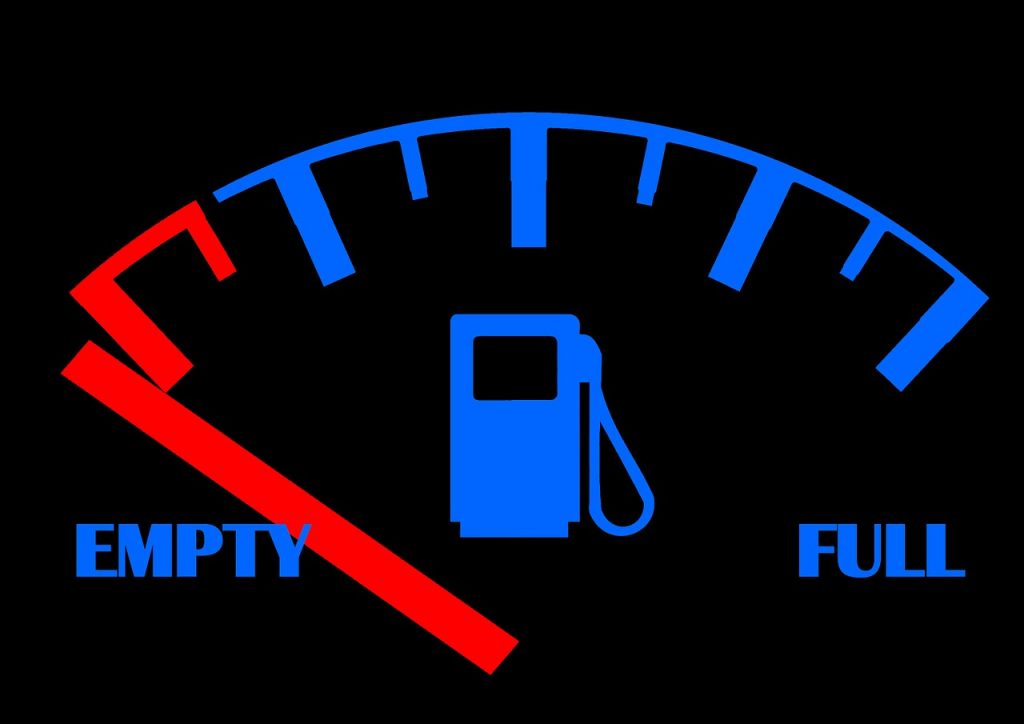
VAT on petrol and diesel currently stands at 20%. With the UK economy reeling, is it time to reduce that? We look at the arguments for and against.
There’s no doubt that taxes on fuel add massively to the cost of motoring. For every litre of petrol or diesel we buy, we pay just under 58p in fuel duty. Then the taxman adds a further 20% in VAT.
IN good times and bad, there are always calls for tax reductions on fuel. But since Covid-19 devastated the UK economy, those voices have become louder. One high-profile supporter of a VAT reduction is Moto chief executive Ken McMeikan. Recently, McMeikan has called on Chancellor Rishi Sunak to cut VAT on fuel to 5%. Such a move would match the VAT reduction on the hospitality sector.
Of course, it’s no surprise that an executive wants a tax break that would benefit his own company. But putting self-interest aside, there are some solid points in favour of a VAT reduction.
Lowering VAT on fuel – help when it’s most needed?
Right now, the economic outlook is, to put it mildly, gloomy. Between January and March, the economy contracted by 2.2%, the largest drop in 41 years. In March 2020, 21,000 more businesses collapsed compared to the same period in 2019, and no one doubts that there’s plenty more to come. As companies have folded or made lay-offs, unemployment has rocketed, with jobcentre claims rising 23% in May.
A reduction in VAT on fuel could help thousands of businesses and millions of individuals to make ends meet. What’s more, it could help the overall economy, because when motorists have more money in their pockets, they have more to spend on other goods — and that helps other businesses. On top of all this, a VAT reduction would lower delivery costs for companies struggling to meet their overheads.
So, lowering VAT on fuel to 5% (to use McKeikan’s proposal) would directly benefit Britain’s 33 million motorists and the wider economy. It would certainly be one of the more popular decisions that the chancellor could make. But although it sounds like a no-brainer, it’s not quite a simple as that.
Just how much would a VAT reduction benefit motorists?
A VAT reduction from 20% to 5% sounds massive, but when we looked at the numbers, we got a surprise. For the average motorist, it doesn’t really add up to very much.
For example, take a tradesman travelling the UK average of 7,400 miles per year. Let’s say that he has a small petrol van, and manages 38 mpg. At current prices, his annual petrol bill would be around £1013. Reducing VAT on fuel to 5% would reduce his annual fuel bill by £152. In other words, our trader would have just £2.92 per week extra to spend.
Of course, people doing higher mileages — taxi drivers, for example — would benefit much more. Haulage companies would love it too. But maybe the point is that a VAT reduction on fuel doesn’t necessarily target the people who need the most help. It’s a tax cut that would benefit supercar owners (and giants like Amazon) just as much as people in poverty.
How much would the Treasury lose out?
A second issue with lowering VAT on fuel is the Treasury’s loss of revenue. With the coffers all but emptied by massive support schemes, can it afford to lose so much income?
The Treasury currently receives £3.9 billion a year from VAT on fuel. Compared to the amount that Covid-19 has already cost, this is a drop in the bucket. However, the problem is that once VAT is lowered, raising it again would be a tough sell. Any tax increase on fuel tend to be strongly resisted — which is one major reason that fuel duty has been frozen for the last ten years. Therefore, a reduction now might reduce the Treasury’s income for years to come.
The hidden costs to a VAT reduction
Any reduction in VAT would also have to consider the hidden costs of making fuel cheaper. To take just one example, cheaper fuel encourages consumers to buy less economical models. That in turn raises levels of air pollution, which damages health to an extent barely guessed a few years ago. Quite apart from human suffering, the economic costs of pollution-related health care are considerable, and economists no loger shuffle these off to one side.
In addition, any policy that promotes using more fuel would somehow have to be squared the the UK’s greenhouse gas targets, which are now enshrined in law.
Where does all that leave us?
As keen motorists, of course we love the idea of cheaper fuel. And there’s no doubt that a cut in VAT would really help certain groups, such as people doing well above average mileage. Anyone whose business depends on deliveries would have lower costs, and that’s got to be good for the wider economy.
But as we’ve seen, there’s another side to the coin: comparatively small benefits for many motorists, loss of revenue, setting a precedent that’s hard to reverse and hidden health and environmental costs.
How you weigh those pluses and minuses – well, that’s where we’re going to chicken out. That’s something for you to decide!
The WVS blog covers a wide range of automotive topics, from the contentious to the light-hearted. We are an independent garage specialising in all the VW group marques, including Audi, Volkswagen, Skoda and SEAT. WVS provides services, repairs and MOTs, delivering a main dealer level of care at affordable prices. To book your vehicle in, or for any enquiries, get in touch.
